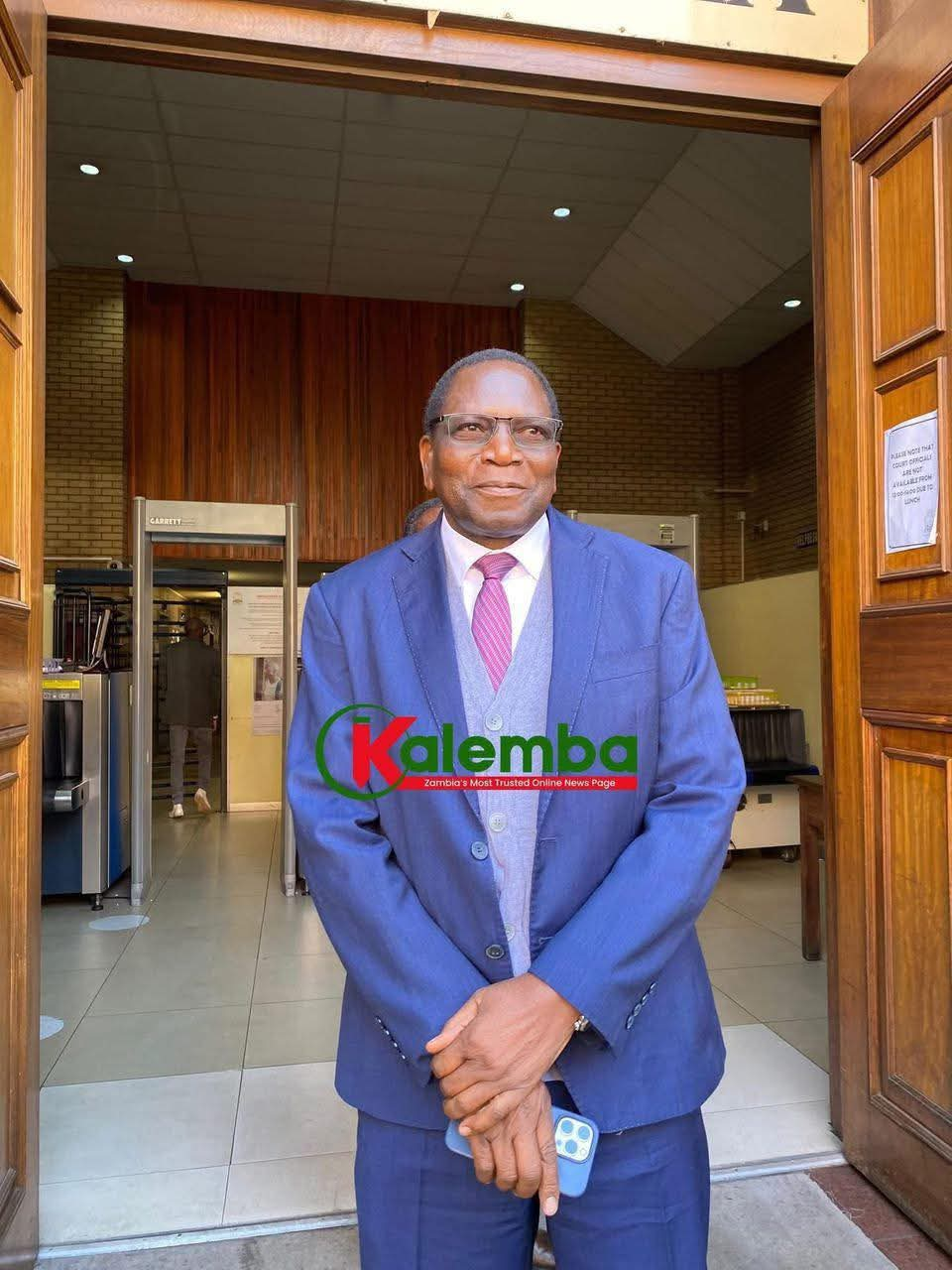THE Pretoria High Court in South Africa has told the family of late former president Edgar Lungu that it relied on Zambian law in deciding the repatriation case because Zambia’s Attorney General, Mulilo Kabesha is recognised as an expert in the country’s law.
https://www.facebook.com/share/1718EzKbRw/?mibextid=wwXIfr
In an online judgement delivered today, the court dismissed an application by Lungu’s widow Esther, his children Tasila, Dalitso and Chiyeso, as well as relatives Bertha Lungu and Charles Phiri and lawyer Makebi Zulu.
The family had sought permission to appeal the previous ruling that allowed the Zambian Government to repatriate Lungu’s remains from South Africa for a state funeral in Lusaka.
The family had argued that as heirs, they had the exclusive right to decide how and where Lungu should be buried.
They also said that because the case was heard in South Africa, South African law should apply and that the Zambian government failed to provide proper expert evidence on Zambian law.
The judges led by acting judge president Aubrey Ledwaba, however rejected the claims of the Zambian government not providing expert evidence when the application was filed by an expert in Zambian law, attorney general Mulilo Kabesha.
“The allegation that the respondent failed to place expert evidence of Zambian law before this Court is without merit, as the Attorney General is an expert in Zambian law,” reads the judgement.
The judges also dismissed the family’s argument that Lungu had been stripped of his presidential benefits while alive, saying this did not affect his status as a former President entitled to a state funeral.
“The argument that the deceased was stripped of his benefits is of no moment. He remains a former state president with attendant burial benefits at state expense upon death,” said the court.
On the matter of a private agreement called “FAA7,” which the family claimed gave them control over repatriation, the court said such arrangements cannot override the state’s authority.
“The mere fact that ‘FAA7’ records that the parties will consult and agree as to who will speak at all events does not vitiate the consensus that was reached. Conflicts and disagreements about burial rights are a common feature in our courts,” the judgment said.
The court also ruled that the case was highly fact-specific and did not raise broader constitutional issues that would justify an appeal.
“The application for leave to appeal is dismissed with costs, which
includes the employment of two counsel on Scale C,” said the three judges.
By Catherine Pule
Kalemba, September 16, 2025





